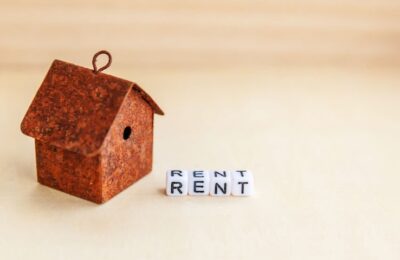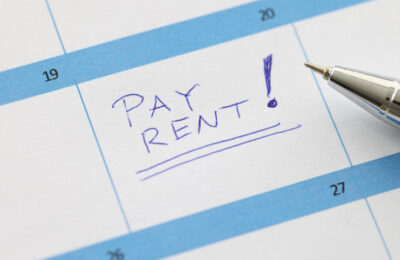If you own one or more rental properties, you’ll know that it’s a legal requirement for each one to have an Energy Performance Certificate (EPC). These certificates rate a property’s energy efficiency on a scale of A-G. ‘A’ is the most energy efficient, while ‘G’ is the least. Since 2020, landlords have been banned (in most cases) from letting any property with a rating below ‘E’. However, if a recent Daily Telegraph article is correct, upcoming EPC rental changes will make it largely illegal to let a property with a rating below ‘C’.
What are the EPC rental changes?
Originally, the plan was to ensure all new tenancies were in bands A-C by 2025. All rented properties (including existing tenancies) then had to be in bands A-C by 2028.
After much lobbying by landlords and others, it looks possible that Department for Energy Security and Net Zero has decided to alter these deadlines. It’s understood that the 2025 deadline will be scrapped. If so, this will mean all rental properties must have an EPC rating of A-C by 2028.
While, on the face of it, these potential EPC rental changes are good news, there’s also a sting in the tail.
Beforehand, there was an upper limit of £3,500 expenditure on upgrading properties. If you were to spend this sum upgrading a property’s energy efficiency and it still didn’t meet the requirements for an EPC ‘C’ rating, you wouldn’t be banned from renting it out.
This is likely to change. If consultation proposals go ahead, the maximum spend will be capped at £10,000, meaning more landlords will face larger bills.
Reaction to the EPC rental changes
Unfortunately, it seems that even the original upcoming EPC rental changes are going to take many landlords by surprise. According to recent research by Market Financial Solutions, 42% of landlords are unaware of the EPC rental changes. Just 38% understand what the changes will involve.
That said, in early 2022, we reported how more landlords were buying energy efficient properties that would not have to be upgraded under the new rules. However, this was just before the war in Ukraine started and at a time when mortgage interest rates were much lower.
Since then, research by mortgage lender Paragon Bank has delivered some insights into landlords’ intentions. According to the findings, one in five landlords would sell their properties or not re-let them rather than upgrade them. One in seven said they’d carry out the works to maximise their properties’ long-term rental value. Three quarters of respondents said they’d only be willing to invest a maximum of £3,000.
More worryingly for tenants, 27% of landlords said they’d increase rents to cover upgrade costs.
I’m a landlord. What should I do next?
If you own rental properties with an EPC rating below C, it’s likely that you’ve got nearly five years in which to act.
One plan of action would be to upgrade the properties incrementally, thus spreading the cost. For example, one year you could install additional loft insulation. The next year you could add wall installation or upgrade windows and doors. With planning, you have a good chance of achieving a compliant EPC rating by 2028. Acting early is also wise because, as the deadline approaches, demand for tradespeople is likely to spike.
An alternative would be to sell up and buy more energy efficient properties. However, you may end up with a significant CGT bill which may make upgrading seem a more attractive option. In addition, if you’re currently on a fixed rate mortgage with a low interest rate, any new mortgage will now be significantly more expensive.
A third option would be to sell up and exit the BTL market entirely. Again, that could land you with a big CGT bill but many Landlords are now considering this given the fact that house price rises are slowing and you can earn over 4% tax free in a cash ISA.
If you’re unsure what the best plan of action is, do talk to one of THP’s accountants who specialise in the buy-to-let sector. They’ll be able to help you make your decision based on a detailed analysis of your finances.
About Jon Pryse-Jones
Since joining THP in 1978, Jon Pryse-Jones has been hands on with every area of the business. Now specialising in strategy, business planning, and marketing, Jon remains at the forefront of the growth and development at THP.
An ideas man, Jon enjoys getting the most out of all situations, “I act as a catalyst for creative people and encourage them to think outside the box,” he says, “and I’m not afraid of being confrontational. It often leads to a better result for THP and its clients.”
Jon’s appreciation for THP extends to his fellow team members and the board. “They really know how to run a successful business,” he says. He’s keen on IT and systems development as critical to success, and he continues to guide THP to be at the cutting edge and effective.











